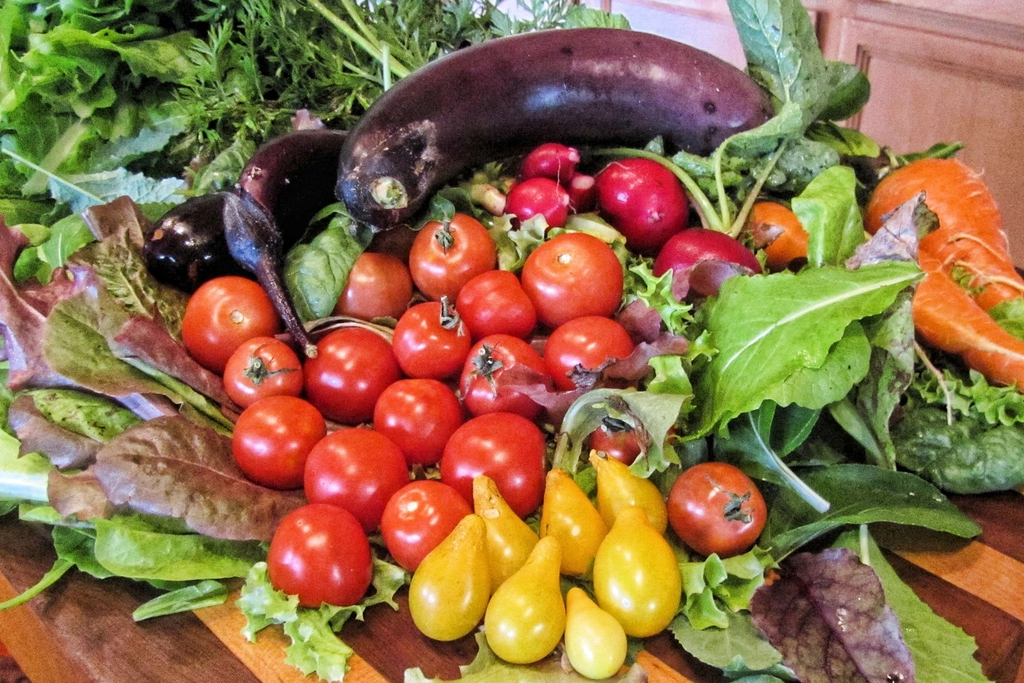What you eat can either help calm inflammation or fuel it. A recent study highlights how pro-inflammatory diets are linked to more severe cases of Crohn’s disease and ulcerative colitis. Here’s a closer look.
What is IBD?

IBD covers Crohn’s disease and ulcerative colitis, two chronic conditions that inflame the digestive system and cause painful symptoms.
Why diet matters

Researchers in Poland found that people with more anti-inflammatory diets had milder symptoms, while those eating pro-inflammatory foods often experienced worse flare-ups.
Red meat

High amounts of beef, pork, and lamb can trigger inflammation and worsen gut sensitivity.
Also read: Turning 60? Here’s What to Leave Behind for a Happier, Healthier Life
Processed meats

Sausages, bacon, and deli cuts often contain additives that can stress the digestive tract.
Sugary drinks

Sodas and energy drinks disrupt blood sugar balance and gut bacteria, making flare-ups more likely.
Fried foods

Heavy, greasy meals are difficult to digest and can irritate an already inflamed intestine.
Ultra-processed snacks

Packaged chips, cookies, and ready meals are linked to higher inflammation scores.
Also read: This Simple Breakfast Can Transform Your Health, According to Science
Refined grains

White bread and pastries lack the nutrients and fiber found in whole grains, leaving the gut more vulnerable.
Dairy in excess

Cheese and cream may worsen diarrhea, cramps, and bloating for some people with IBD.
Alcohol

Drinking weakens the intestinal lining and raises inflammation throughout the body.
Artificial sweeteners

Some sugar substitutes disturb gut microbiota, increasing the risk of symptom flare-ups.
Also read: The worst foods for your hair, according to experts
The role of inflammation

The study measured each participant’s Dietary Inflammatory Index (DII), showing how certain foods can either calm or fuel inflammation.
Fiber confusion

While fiber can be healthy, some people with IBD find it makes symptoms worse during flare-ups.
The microbiome connection

IBD patients often have an altered gut microbiome, which may explain why diet affects them more strongly.
Cytokines and the immune system

Researchers tested blood samples for inflammation markers, showing how diet interacts with immune responses.
Also read: Doctors warn: Overlooked dementia signs that have nothing to do with memory loss
Mediterranean diet

Experts recommend more fruits, vegetables, fish, and whole grains, which are naturally anti-inflammatory.
Omega-3 benefits

Foods rich in omega-3 fatty acids, like salmon and walnuts, may help lower inflammation levels.
Processed food risks

Favoring ultra-processed diets has been linked in studies to higher risk of developing Crohn’s disease.
Lifestyle matters too

Alongside diet, factors like smoking, exercise, and stress also influence how IBD develops.
Also read: Experts reveal: These fruits contain the least sugar
Why balance is key

No single food causes IBD, but overall eating patterns make a big difference in whether symptoms are mild or severe.
Article is based on information from Medical News Today
